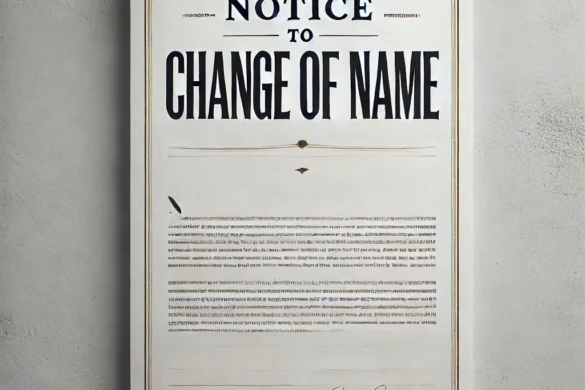The main money exchange market in Kabul, capital of Afghanistan, reopened on Saturday (September. 4), 10 days after Taliban takeover, as a banking crisis still exists in the Asian country, a local source said.
“Sarai Shahzada private exchange market reopened Saturday after Da Afghanistan Bank, or central bank on Thursday announced that the market would start operation soon,” a money exchange dealer, Najibullah, told Xinhua.
The foreign currency exchange rates are still in fluctuation as the rates are not stable and change frequently during the day, he said.
“One US dollar was traded between 87 and 89 afghani, Afghanistan’s currency, after reopening of the market Saturday morning. Before Taliban takeover 10 days ago one dollar was equal to 79 afghani,” Najibullah said.
The nearby business hub, Kabul’s Mandawi, has also opened; however, business and daily working are not good as the central part of Kabul hasn’t returned to normal with crowds remaining. There are few customers at the business center, he said.
“There is a huge banking crisis in the country now. Long lines of people stand outside main branches of government-run and private banks around the city every day. The branches of the banks do not open so far. People cannot withdraw their money, they only get 200 US dollars or 20,000 afghani on a weekly basis as ordered by the central bank,” he said.
The private Western Union and MoneyGram, two money transfer service agencies, also resumed their operations in most of Afghanistan’s 34 provinces on Friday and people can now get money from abroad, according to local media reports.
As the Taliban tighten its grip on the country’s financial system, the United States announced that it had frozen some $9.5 billion in assets of Da Afghanistan Bank, the country’s central bank, stored in the Federal Reserve Bank of New York. The International Monetary Fund (IMF) and World Bank likewise halted dispersal of hundreds of millions of dollars of loans and other aid allocated to the cash-strapped country. Since these foreign funds support more than 75 per cent of public spending in Afghanistan, the Taliban—and the country—are facing a financial crisis.
Xinhua News Agency




